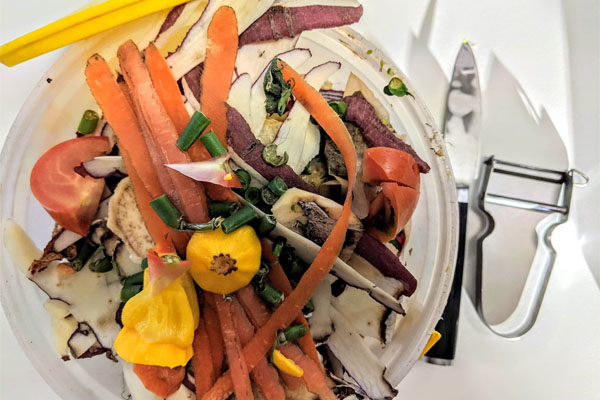
@Denise Nys
Composting is a natural process through which organic material is decomposed and turned into a fertilizer. Composting initiatives provide resources, structures and educational content to promote composting at home or in a community. The local communities are engaged and learn the value of organic waste as a resource. At the same time, the costs of waste management for the municipality decrease.
Country:
International (examples: Belgium, Bulgaria, Portugal, Slovakia)Difficulty level:
EasyWhy?
Depending on the region, organic material represents between 30% and 50% of the municipal waste in the EU. The majority of this waste is still disposed of through landfilling (24%) or incineration (27%) , which contributes to Climate Change, as organic material emits methane as it decays and CO2 if incinerated. After composting, this type of waste can be used as a fertilizer, improving depleted soils and decreasing the use of chemical fertilizers. Chemical/inorganic fertilizers have negative environmental impacts, such as causing damage to the beneficial microbes and bacteria in the soil and increasing the concentration of salt in the soil, which makes water unavailable for plants .
How youngsters can get involved
Composting is an easy process that anyone can perform in their backyard. If you don't have a yard, you can compost in a community garden or even join a community composting initiative.
Skills and Competences
How youngsters can get involved
Worms Asbl (Belgium): https://www.wormsasbl.org/
Composting Home (Bulgaria): http://www.composting-home.eu/
Educar para uma Economia Circular (Portugal): https://www.residuosdonordeste.pt/eec/
Community Composting (Slovakia): https://www.interregeurope.eu/good-practices/community-composting-in-the-city-of-nitra